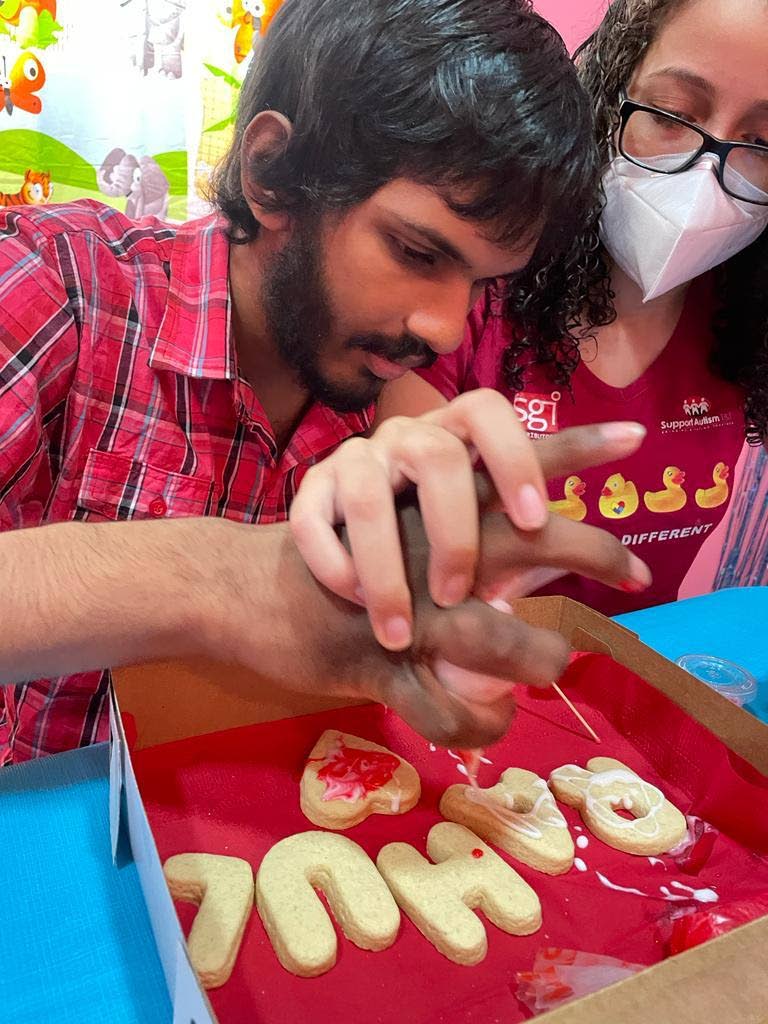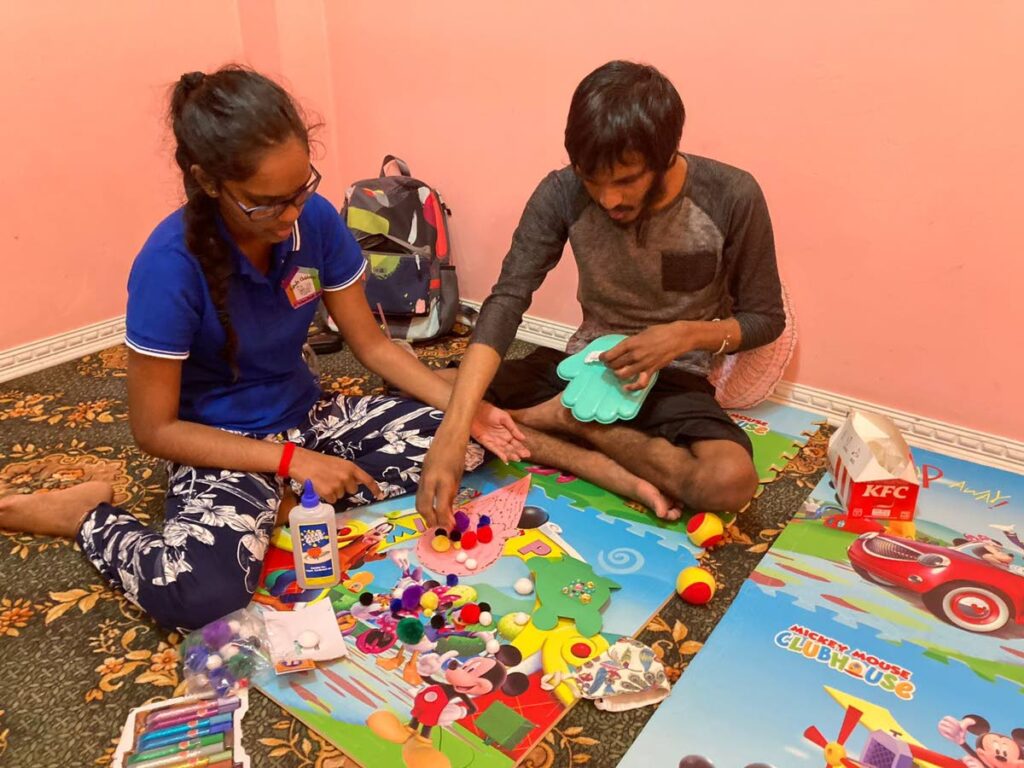Autism Awareness Day – Leave no one behind

DR RADICA MAHASE
ON Saturday, Trinidad and Tobago celebrates World Autism Awareness Day. April 2 was unanimously declared as World Autism Awareness Day in a resolution adopted by the UN General Assembly (UNGA) on December 18, 2007.
The UNGA’s decision to set aside one specific day to encourage autism awareness stems from the fact that: “The rate of autism in all regions of the world is high and the lack of understanding has a tremendous impact on the individuals, their families and communities.” It also noted: “Autism is a lifelong neurological condition that manifests during early childhood, irrespective of gender, race or socio-economic status.”
This year’s theme is Inclusive Quality Education for All, and it falls under the UN’s Sustainable Development Goal of quality education. This theme is in line with the UN’s universal value Leave No One Behind, under which UN member countries are committed to “eradicate poverty in all its forms, end discrimination and exclusion, and reduce the inequalities and vulnerabilities that leave people behind and undermine the potential of individuals and of humanity as a whole.” It is meant to reach “the poorest of the poor” by getting rid of discrimination and inequalities.
According to the UN, one of the main reasons why people are left behind is because of discrimination. This is indeed correct for TT, where people with special needs/disabilities continue to be discriminated against in all aspects of life and are denied their basic rights at many levels, especially in education.
The UN says, “Many of the barriers people face in accessing services, resources and equal opportunities are not simply accidents of fate or a lack of availability of resources, but rather the result of discriminatory laws, policies and social practices that leave particular groups of people further and further behind.”
This also is true for us in TT, where laws exist but are not implemented; where everyone is supposed to be equal, yet those with autism and all types of disabilities in general are marginalised in the education system; cannot access quality public healthcare; are seen an unemployable; and have limited opportunities for social interaction, amongst others.

Autism Awareness Day is meant “to highlight the need to help improve the quality of life of those with autism so they can lead full and meaningful lives as an integral part of society.” The UN notes that, “This can be done through appropriate support, accommodation and acceptance so that those on the spectrum can enjoy equal opportunity, and full and effective participation in society. Unfortunately, stigmatisation and discrimination prevent so many individuals with autism from accessing diagnosis and therapies.”
It is imperative that the support for people on the autism spectrum goes beyond that of civil societies. There is only so much NGOs can do. The support must come from the top, from the government, through the proper implementation of laws and policies at a national level. These can be done with the assistance of all support groups, with consultation from parents/caregivers as well as people living with autism (and disabilities on the whole).
In TT, change will only occur when the special need population is not seen as a burden, with no agency. Every single person with special needs/disabilities should be empowered, should be given opportunities so that they can achieve their full potential. Right now, Leave No One Behind is a myth rather than a reality in our country, but that doesn’t necessarily mean that it has to remain that way. It simply means that we must acknowledge our shortcomings and work to make it better.
For that to happen we have to put aside all the tribal politics and racism and tackle the issues at a national level. For that to happen we must have strong leaders at all levels; we must have people who have a vision for development of all citizens.
Our biggest failure as a country is our failure to truly empower citizens, regardless of race or ethnicity or political affiliations or economic standing in society.
Here in TT, we make a habit of celebrating Autism Awareness Day (and most other international days) by posting flyers and videos; making empty promises; and giving grand speeches where we list all the things that we have in place to help the autism community, without any real help to the most vulnerable children and adults on the autism spectrum.
When the day is over, nothing has changed. Parents and caregivers, children and adults continue to struggle without any proper structures in place to assist them.
We can do better than this! One can only hope that maybe this year, 2022, we will have some stronger commitments to really ensure that there is “inclusive quality education for all” so that no child with autism will be left behind.
Dr Radica Mahase is the founder/director of Support Autism T&T

Comments
"Autism Awareness Day – Leave no one behind"